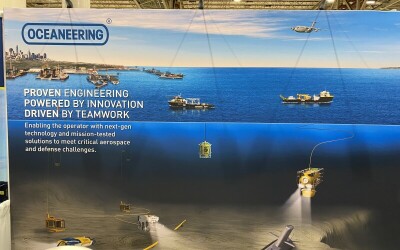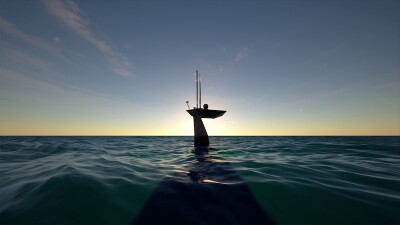History teaches that civilization’s energy sources take time to evolve. Think of the 35 years between the primitive Drake Well at Titusville, Pa. in 1859, and the first Texas oil boom in the last years of the 19th century.
Mark Twain is usually credited with the observation that history does not exactly repeat itself, but it does rhyme. What’s happening now with the decline of coal – and the work loss to barge operators that comes with it – is an echo of earlier energy revolutions.
Hydraulic fracturing and the new North American natural gas reserves are supplanting coal for power generators, along with a big push from the Obama administration with its clean air regulations.
So much shale gas and oil has come into the market that the economics of lower prices are seriously hurting producers – not just in the Gulf of Mexico, but the shale fields of Pennsylvania as well.
As Dr. William J. Pike has written in WorkBoat, it may be time for industry and government alike to rethink offshore oil and gas planning, at a time when experts are all over the map on how long the glut will persist.
There is a tic in journalism, especially business journalism, for extrapolating present-day trends far into the future. And it’s a good thing that the United States has gotten more energy independent, with the freedom of action that allows.
Those energy crises of the 1970s are barely remembered. But the Middle Eastern cauldron where they began still simmers.
Could a nuclear deal with Iran open its oil reserves to world markets, even deepening the glut? Maybe. But it’s not a sure thing yet.
With new reports of a Russian military buildup to aid the Syrian government – possibly including a dispatch of aircraft, to a region already buzzing with Western fighter bombers – it does not take a lot of imagination to see something like the old U.S-Soviet competition of the 1970s rising again, with all that could mean for oil prices.
History is not done yet.




